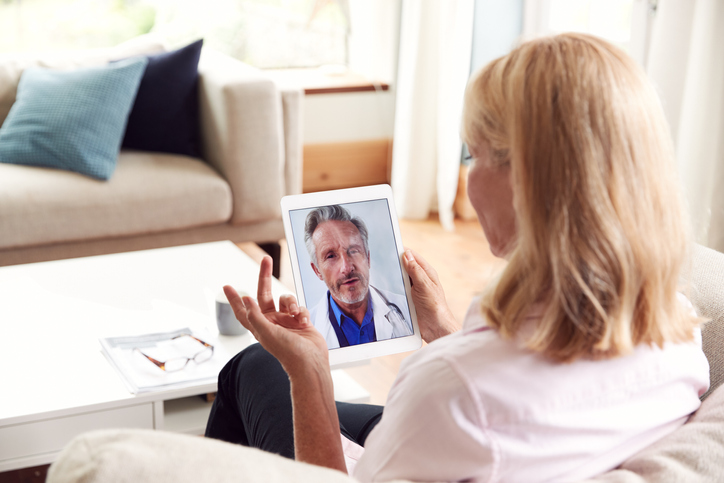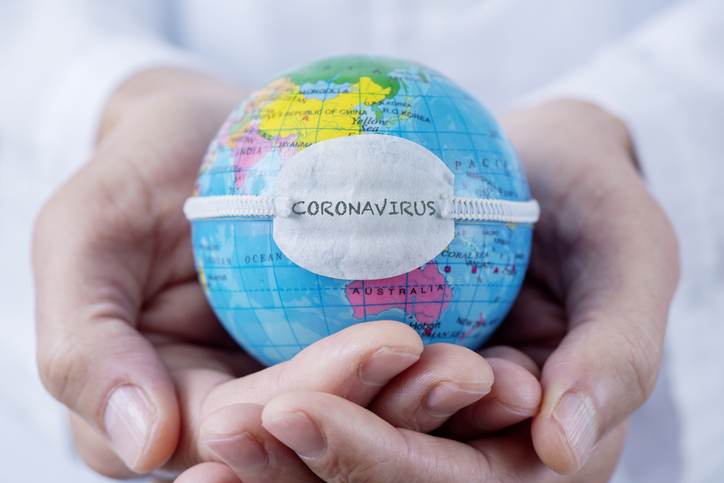Careers in healthcare can expect to change and shapeshift in a number of ways as a result of the COVID-19 pandemic. Not only can we expect changes driven by technological advances, but also in the significance of roles played by certain healthcare professionals. Additionally, changes could also come with regards to how workers in medical and health administration go about their jobs while at the office.
Although making predictions about the future may feel like a bit of a fool’s errand while the novel coronavirus is still at large, the possibilities for how its aftermath can shape different industries are immense. Here are some of the ways healthcare careers could be changed in the wake of the COVID-19 pandemic, even after the virus has come and gone.
The Importance of Personal Support Workers Should No Longer Go Unnoticed
The COVID-19 pandemic has been a particularly trying time for members of the senior population, as they have been arguably the most vulnerable group of people with regards to the novel coronavirus.
As such, it’s worth acknowledging the role personal support workers have played in helping members of this population navigate these circumstances. Furthermore, multiple PSWs are reported to have died from COVID-19 complications in Ontario alone, amid reports that PSWs and other such essential workers had not been given sufficient PPE (personal protective equipment).

Not only are these workers providing crucial assistance to a particularly vulnerable population during a global pandemic, but have risked their lives in doing so. Therefore, greater support and concern for these workers, as well as revamped safety standards for both seniors and PSWs, could be positive byproducts of the pandemic. A post-COVID world could also see increased communication via video conferencing platforms between seniors and their families, especially if they live far away from one another.
Virtual Healthcare Methods Could Become More Normalized in Healthcare Careers
Healthcare and modern technology isn’t simply about artificial intelligence. With COVID-19 forcing many to work from home and do many things virtually over videoconferencing platforms — also known as telemedicine — that they would previously have done in-person, virtual healthcare may become increasingly normal.
These means will obviously be standard while the pandemic is ongoing, but having consultations over platforms such as Skype or Zoom can be a convenient way for clients to speak to professionals with healthcare careers without necessarily having to meet them face to face.
Not only can clients save time by not needing to drive to a clinic, but they can do so from the comfort of their own home — and this may be an attractive option for them even if a vaccine is developed.

Health Admin Office Workers Could See Improved Cleanliness Standards
One of the biggest takeaways from the COVID-19 pandemic is the importance of hygiene and cleanliness. With this in mind, many medical and health administration offices have undertaken various measures for maintaining cleanliness and safety as they reopen while the novel coronavirus remains at large.
Students in healthcare training can surely appreciate how many offices are reopening with increased standards for cleaning and enforced physical distancing. Even when a vaccine is available, medical and health administration offices could continue to make office cleanliness their highest priority, for the sake of themselves and clients. This includes wiping down high-touch surfaces, sanitizing items and surfaces that are vulnerable to contamination, and being fully stocked with cleaning supplies such as wipes and disinfectant.
Want to take courses in healthcare programs?
Contact Canadian Business College to learn more!

